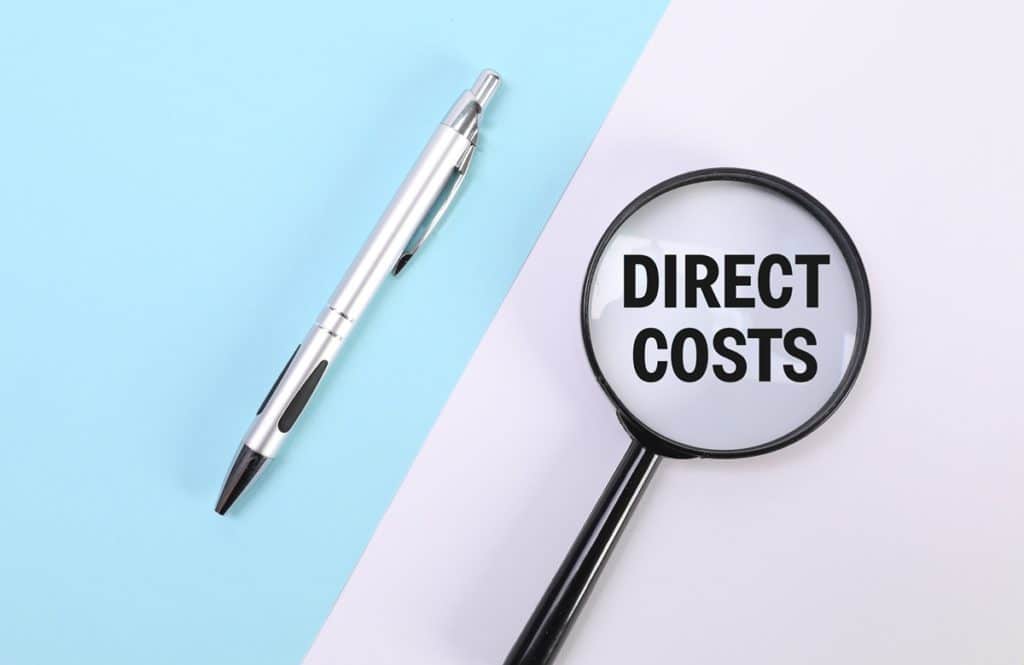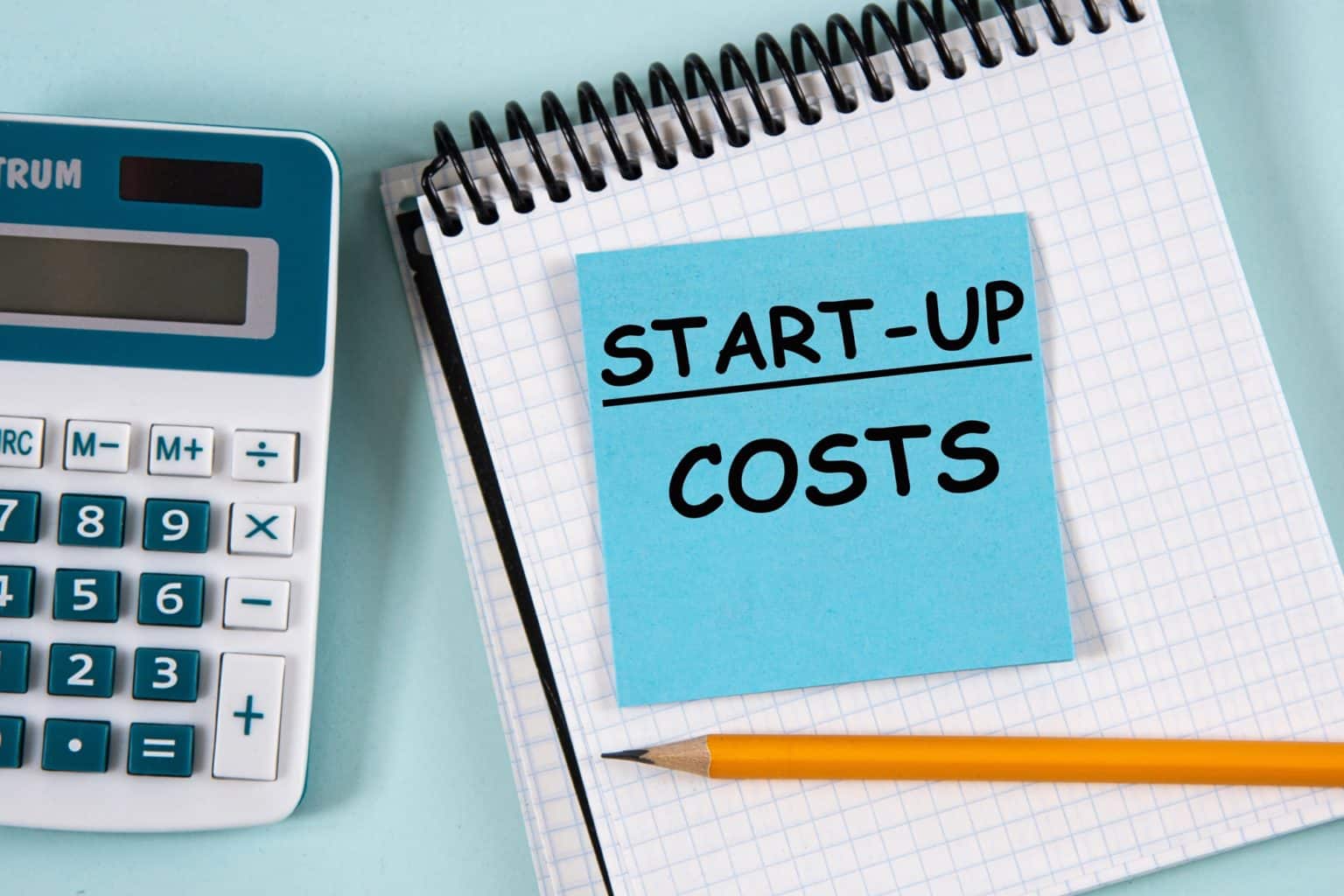Starting a business is an exhilarating journey filled with dreams, aspirations, and the promise of financial independence. However, the road to entrepreneurial success is often paved with the formidable challenge of start up costs for a business. These initial financial investments are critical in shaping the future of your enterprise. In this comprehensive guide, we will delve into the world of startup costs, exploring what they entail, how to plan for them, and why they are essential for your business’s long-term viability.
Key Takeaways
- Understanding the nature of startup costs is crucial for entrepreneurs.
- Properly planning and budgeting for startup costs is vital for business sustainability.
- Managing and optimizing startup expenses can determine your business’s success.
The Significance of Startup Costs
Before we delve into the intricacies of startup costs, let’s understand why they are so crucial for the success of your business.
Startup costs refer to the initial financial investments required to get your business up and running. These expenses are essential because they lay the foundation for your business’s growth and sustainability. Properly managing startup costs can mean the difference between soaring success and struggling to keep the lights on.

Here are some key takeaways to keep in mind:
- Startup costs set the stage: These expenses include everything from office space and equipment to marketing and legal fees. They provide the infrastructure and resources needed to launch your venture.
- They impact your cash flow: Managing your cash flow effectively during the early stages of your business is vital. High initial costs can strain your finances, making it challenging to cover ongoing operational expenses.
- Affect your profitability: Wise allocation of resources in the startup phase can directly impact your profitability in the long run. Overspending or misallocating funds can hinder your ability to generate revenue and turn a profit.
Types of Startup Costs
Startup costs are not a one-size-fits-all concept. They vary depending on the nature of your business, industry, and location. To ensure a comprehensive understanding, let’s explore the different types of startup costs:
- One-time Costs: These are expenses incurred only once, such as registering your business, legal fees, and permits.
- Fixed Costs: Fixed costs are regular expenses that do not fluctuate with business volume, like rent, insurance, and salaries.
- Variable Costs: Variable costs change with business activity. Examples include raw materials, shipping costs, and utility bills.
- Pre-operational Costs: These are incurred before your business officially opens, like market research, product development, and branding.
- Operating Capital: This is the amount of money required to cover daily expenses like inventory, marketing, and payroll.
Understanding these cost categories helps you create a detailed budget and allocate resources effectively.
Planning and Budgeting for Startup Costs
Effective planning and budgeting are essential for managing startup costs efficiently. Here’s a step-by-step guide to help you navigate this critical process:
- Research and Estimate Costs: Begin by researching industry benchmarks and competitors to estimate your expenses accurately. Create a detailed list of all potential startup costs.
- Prioritize Expenses: Differentiate between essential and non-essential costs. Prioritize expenses that directly impact your business’s launch and growth.
- Create a Comprehensive Business Plan: A well-structured business plan should include a detailed budget. This plan will help you secure funding from investors or lenders.
- Seek Funding: Once you have a clear budget, explore various funding options, such as personal savings, loans, grants, or investors. Be sure to choose the financing method that aligns with your business goals.
- Track Expenses Diligently: Once your business is operational, continue tracking expenses to ensure they align with your budget. Make adjustments as necessary to maintain financial stability.

Managing and Optimizing Startup Expenses
Managing startup expenses efficiently is an ongoing process that can significantly impact your business’s sustainability. Here are some strategies to help you achieve this:
- Negotiate Contracts: When dealing with suppliers, landlords, or service providers, don’t hesitate to negotiate for better terms or discounts.
- Embrace Technology: Use technology to streamline processes and reduce costs. Cloud-based software and automation tools can help you achieve more with fewer resources.
- Control Cash Flow: Maintain a tight grip on your cash flow by closely monitoring revenue and expenses. This will help you identify potential financial challenges before they become insurmountable.
- Emphasize Lean Operations: Focus on lean business practices that minimize waste and maximize efficiency. Consider outsourcing non-core functions to reduce staffing costs.
- Regularly Review and Adjust: Periodically review your budget and expenses to identify areas where you can optimize or cut costs.
Conclusion
Start up costs for a business are not just financial hurdles; they are stepping stones toward achieving your entrepreneurial dreams. Understanding their significance, meticulously planning and budgeting, and efficiently managing and optimizing these expenses are key factors in the success of your venture. By mastering the art of navigating startup costs, you’ll be better equipped to build a resilient and prosperous business that stands the test of time. So, embrace the challenge, plan wisely, and watch your startup soar to new heights.
